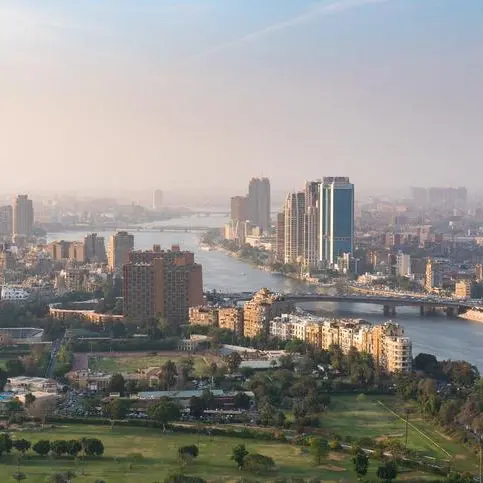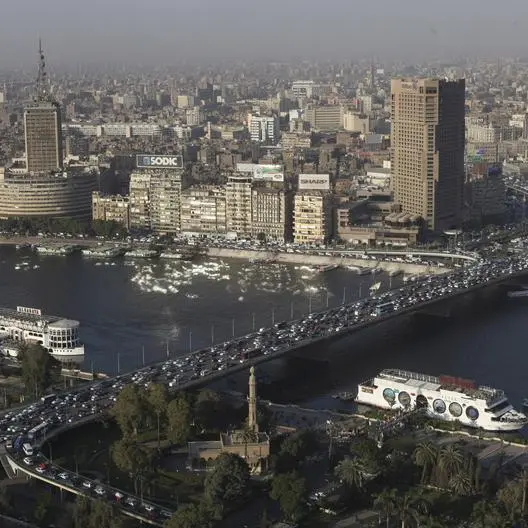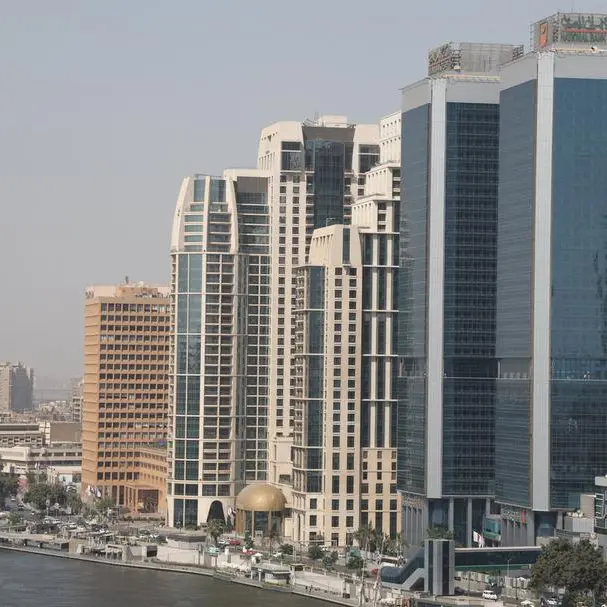PHOTO
11 October 2015
The dramatic decline in crude oil prices over the past year has left some corporate and infrastructure companies in the Gulf Cooperation Council (GCC) region facing a much weaker operating environment.
It isn't hard to see why this is the case.
Oil's retreat has triggered a slowdown in government spending, on which many of these companies largely depend.
A weakening global economy is also making potential issuers increasingly cautious about investment both at home and abroad.
In the year ended Aug. 31, 2015, the value of corporate bonds and sukuk issued fell 58 percent to about $7 billion, compared with the previous 12-month period.
This decline in issuance was partly due to the tightening of budgets at key government-related entities (GREs) that carry out important roles in infrastructure projects on behalf of their respective governments.
In some cases, limited government budgets have prompted the cancelation of infrastructure projects.
The extent of the fallout, for now, is manageable. We observe that GCC governments continue to invest in large projects.
The real risk is that oil prices remain near current low levels and we see more government-linked infrastructure plans postponed, or even dropped.
Nevertheless, in the coming year there are some factors we believe could encourage existing and new issuers to tap the capital markets.
Declining liquidity at GCC banks, due to reduced deposits from government and public sector deposits, could help spur issuance activity.
Opening up markets to foreign investment, as seen in Saudi Arabia earlier this year, is another event that could propel new issuance.
We note that GCC sovereigns are attempting to create more attractive conditions for the private sector and international foreign investment to more equally distribute the burden of infrastructure spending and alleviate fiscal constraints on government coffers.
Another factor to be considered over the coming year is refinancing risk. By our estimates, around $25 billion of corporate and infrastructure sukuk and bonds will mature over 2016-2018.
The resulting refinancing needs could also support capital market issuance by corporate and infrastructure entities over the same period.
While some of these events may spur GCC capital market issuance over the next 12 months, we consider that these currents will be somewhat offset by pressure on governments to reduce capital expenditure and curb subsidies, which could hamper domestic consumption and prompt headwinds for issuance.
Despite our forecast for a tougher pricing environment ahead, we still expect GCC issuers will have sufficient financial headroom to withstand the stress of major monetary events, like a rate hike by the US Federal Reserve. Even if the Fed were to hike rates by 150-200 basis points, this, in our view, wouldn't rock the creditworthiness of the Gulf entities that we rate.
Energy subsidy cuts by Bahrain, Oman, and the UAE governments have shown that governments in the region are becoming increasingly cost conscious.
This could increase financial pressure on downstream corporates in the region. Governments are currently protecting large public sector investment budgets to support economic growth.
Yet, the longer the oil price remains near their current lows, the more likely these could be postponed, or cut.
The dramatic decline in crude oil prices over the past year has left some corporate and infrastructure companies in the Gulf Cooperation Council (GCC) region facing a much weaker operating environment.
It isn't hard to see why this is the case.
Oil's retreat has triggered a slowdown in government spending, on which many of these companies largely depend.
A weakening global economy is also making potential issuers increasingly cautious about investment both at home and abroad.
In the year ended Aug. 31, 2015, the value of corporate bonds and sukuk issued fell 58 percent to about $7 billion, compared with the previous 12-month period.
This decline in issuance was partly due to the tightening of budgets at key government-related entities (GREs) that carry out important roles in infrastructure projects on behalf of their respective governments.
In some cases, limited government budgets have prompted the cancelation of infrastructure projects.
The extent of the fallout, for now, is manageable. We observe that GCC governments continue to invest in large projects.
The real risk is that oil prices remain near current low levels and we see more government-linked infrastructure plans postponed, or even dropped.
Nevertheless, in the coming year there are some factors we believe could encourage existing and new issuers to tap the capital markets.
Declining liquidity at GCC banks, due to reduced deposits from government and public sector deposits, could help spur issuance activity.
Opening up markets to foreign investment, as seen in Saudi Arabia earlier this year, is another event that could propel new issuance.
We note that GCC sovereigns are attempting to create more attractive conditions for the private sector and international foreign investment to more equally distribute the burden of infrastructure spending and alleviate fiscal constraints on government coffers.
Another factor to be considered over the coming year is refinancing risk. By our estimates, around $25 billion of corporate and infrastructure sukuk and bonds will mature over 2016-2018.
The resulting refinancing needs could also support capital market issuance by corporate and infrastructure entities over the same period.
While some of these events may spur GCC capital market issuance over the next 12 months, we consider that these currents will be somewhat offset by pressure on governments to reduce capital expenditure and curb subsidies, which could hamper domestic consumption and prompt headwinds for issuance.
Despite our forecast for a tougher pricing environment ahead, we still expect GCC issuers will have sufficient financial headroom to withstand the stress of major monetary events, like a rate hike by the US Federal Reserve. Even if the Fed were to hike rates by 150-200 basis points, this, in our view, wouldn't rock the creditworthiness of the Gulf entities that we rate.
Energy subsidy cuts by Bahrain, Oman, and the UAE governments have shown that governments in the region are becoming increasingly cost conscious.
This could increase financial pressure on downstream corporates in the region. Governments are currently protecting large public sector investment budgets to support economic growth.
Yet, the longer the oil price remains near their current lows, the more likely these could be postponed, or cut.
Arab News 2015





















